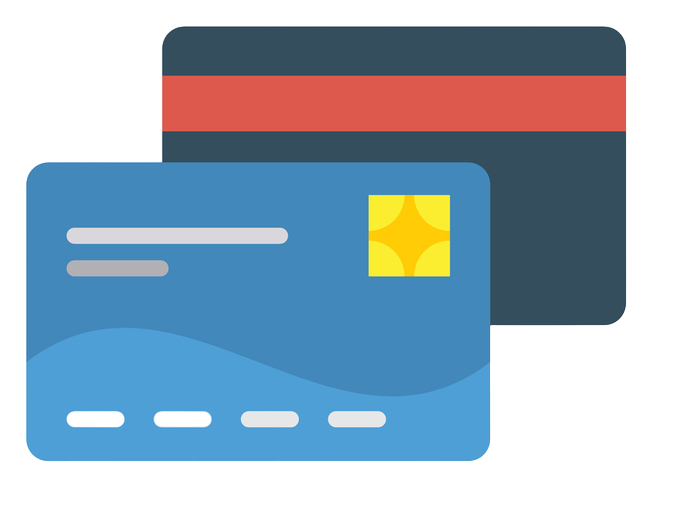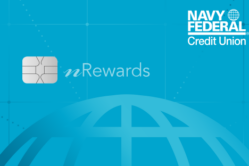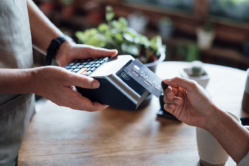It seems like everywhere you turn there is a news broadcast or article discussing the rise of credit card fraud, especially on the web. There are a variety of ways that criminals either snatch your credit cards or get access to your number and other personal information in order to make fraudulent purchases or wreak havoc on your credit status.
Unfortunately, it’s all too easy for thieves to steal your credit card information, rack up some charges for a brief period, then move on to someone else. It can happen to anyone, even if your credit card rarely leaves your wallet or purse. In fact, you may only become aware of the problem if you get a call from your credit card company’s fraud department or you receive a statement with unexplainable purchases.
Report the Issue Immediately
If your credit card number has been stolen, remember that you have options for addressing the problem. First, you are protected under federal law as long as you report the issue as soon as you discover it. According to the FTC, your liability is limited to $50 if your card is stolen, and no liability if only your credit card number is stolen, provided you report the problem right away. Keep in mind that you may be liable for all unlawful charges if you don’t report the theft in a timely manner. (Rules for stolen debit card numbers are different).
After you discover the theft, call your credit card issuer immediately. Ask that they suspend the card, halting any further transactions so they can’t be processed. This measure can be accomplished in seconds. Your provider will contact the law enforcement authorities to give them all the relevant information. Then they should issue you a new credit card shortly.

Compare the rates, fees, and rewards of top credit cards for military servicemembers and veterans, including cards with waived annual fees under the SCRA.
Trace Your Credit Card Use
Next, try to determine how your credit card number was stolen. When was the last time you used your card? Was it online or in person? Did you look closely at the receipt you signed?
Unfortunately, thieves are becoming more creative when stealing credit card information — you don’t have to lose your purse or wallet to become a victim of credit card theft. Two of the most difficult scams to avoid are credit card skimming and RFID theft.
Credit card skimming is when a thief runs your credit card through a small skimmer to record your credit card number and other information that is held on the magnetic strip on your card. It can happen in the blink of an eye and is very difficult to prevent. This can happen when you pay for a meal at a restaurant or when a merchant slides your card under the counter or through a skimmer when you aren’t watching. Thieves can also hide skimmers inside a store’s credit card readers, making them even harder to detect.
RFID skimming is a relatively new form of credit card theft, which occurs when thieves use a radio frequency reader to steal your credit card information. The scary part is that they can do this while your credit card remains in your purse or wallet. Not all credit cards have RFID technology, but there are a growing number of cards that do.
Other Methods of Stealing Credit Card Information
Your credit card information can also be stolen online. Only use your credit card on trusted websites, and if possible, never store your credit card information online. While it’s convenient and can save you time if you use a merchant frequently, it is also one more way you can have your information stolen.
Some identity thieves also regularly steal mail from unprotected mailboxes and search for anything they might find valuable, including newly issued credit cards and other financial information.
Credit Card Issuers are on Your Side
Credit card companies, merchants, banks and others are fighting back with new security measures to stop credit card fraud. In many cases, the more complex procedures are helping to reduce the instances of fraudulent credit card use, but this doesn’t address concerns once your card’s number has been snatched.



About the comments on this site:
These responses are not provided or commissioned by the bank advertiser. Responses have not been reviewed, approved or otherwise endorsed by the bank advertiser. It is not the bank advertiser’s responsibility to ensure all posts and/or questions are answered.